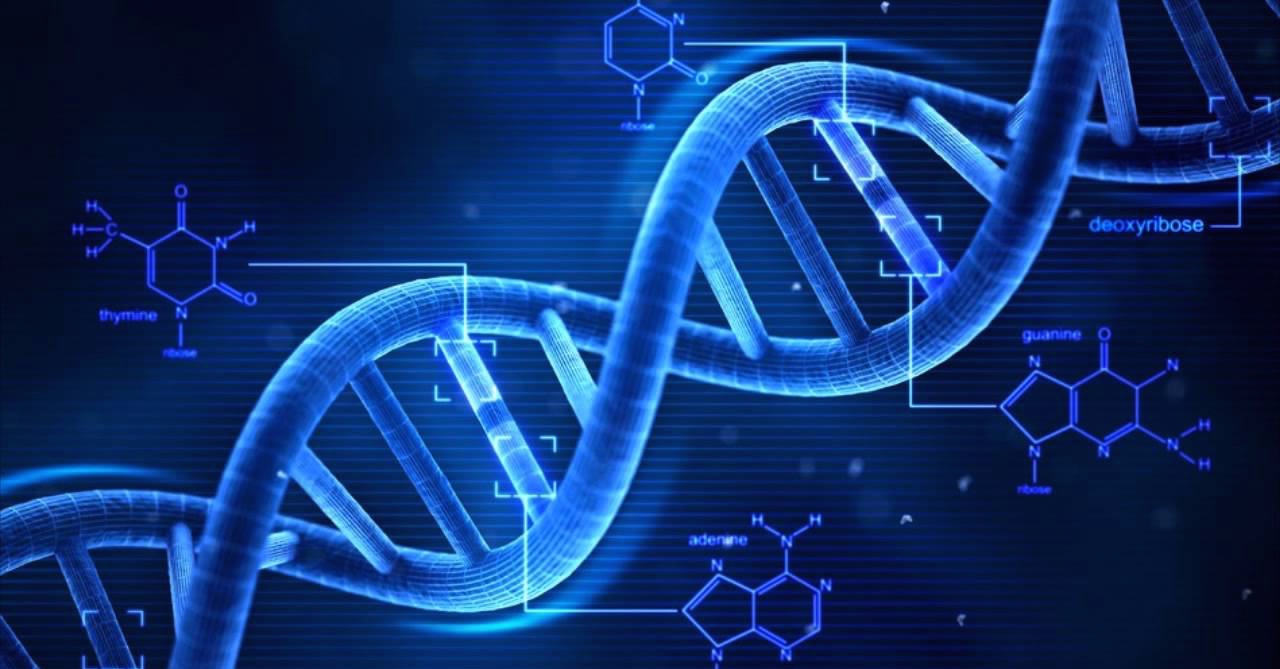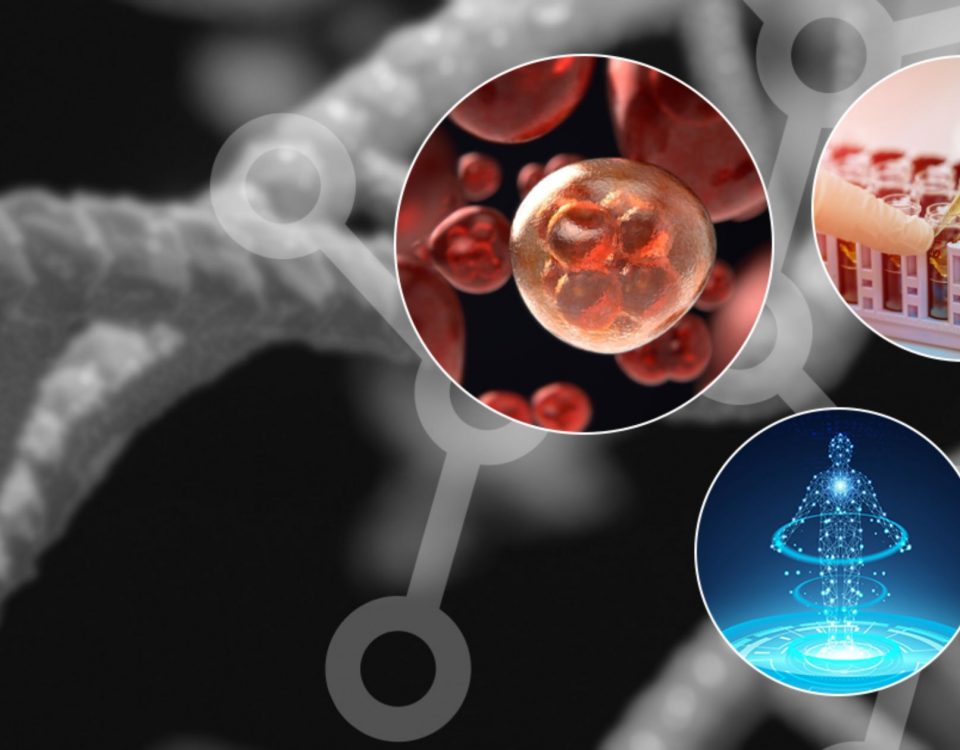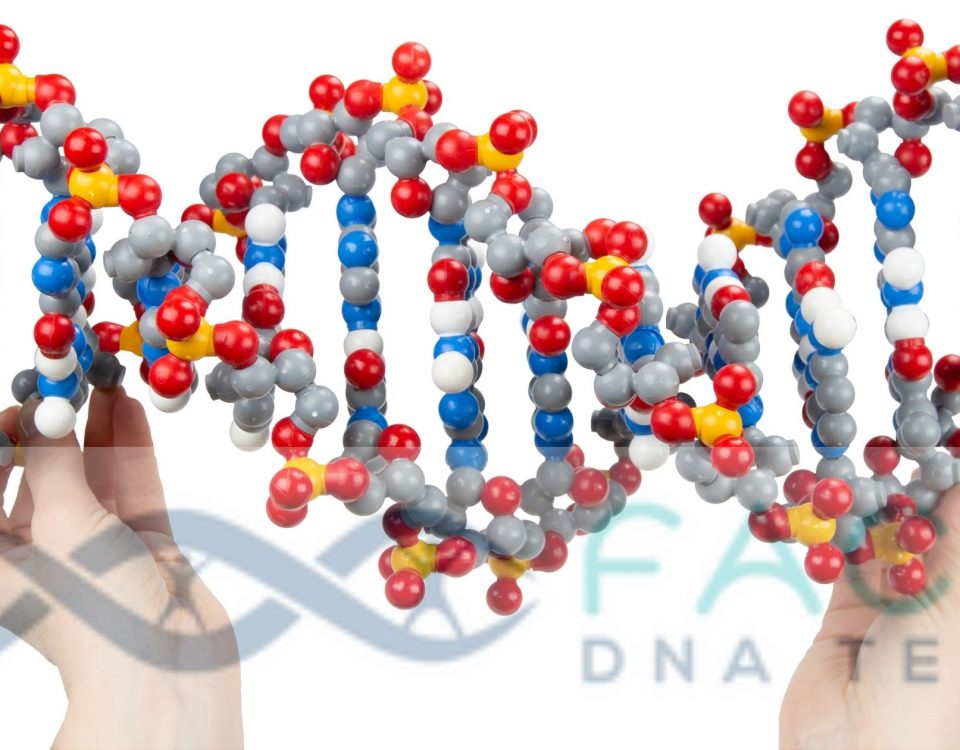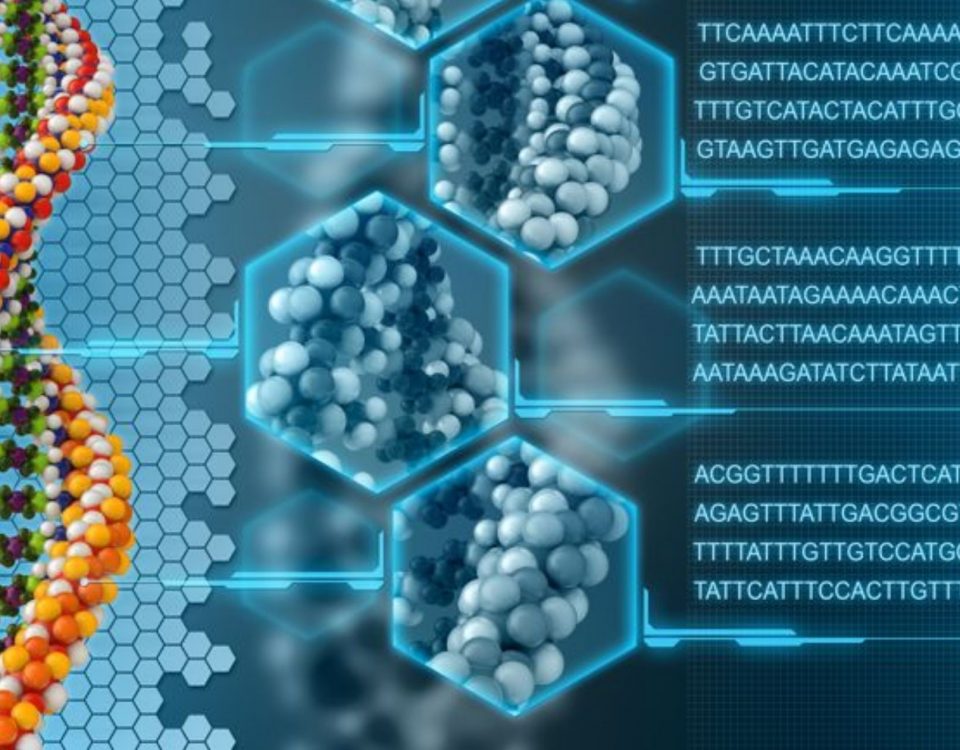
Drop The Traditional And Risky Invasive Prenatal Tests For The Better!
February 2, 2022
A Guide for Paternity Test
February 17, 2022Paternity tests are usually done to use the result as evidence in court in cases like child support, child custody or to check a partner for infidelity. In such cases getting the samples for the test contaminated might prove disastrous for so many lives. And there are many ways in which the samples can get contaminated so one needs to be careful about it.
Some of the ways in which the samples can get contaminated are listed below:
Eating, Drinking, or Smoking before giving the sample- Although external residue in your mouth will not modify your DNA, it may degrade the integrity of the samples, making it more difficult or impossible for laboratory robots to recover useful Genetic material from the swabs. That’s why all paternity test participants should avoid eating, drinking, or smoking for one hour before swabbing; this also applies to breastfeeding infants and their intake of breast milk.

Although eating, drinking, or smoking won’t affect the result of the test because the lab asks for a new sample, it might cause a delay in the test result.
Sending wet envelopes for testing- When extracting DNA for a paternity test, a little extra saliva gets mixed in with cheek cells. As a result, the sample, as well as the postal envelopes, may become slightly damp. If sent when wet, the packing may rip and the quality of the sample might get compromised.
Cross-contamination– it is not unusual for the DNA sample to get cross-contaminated if not handled carefully. One can prevent this by avoiding drooping the swabs, touching swabs from different people, placing swabs of two different individuals in the same envelope, etc.




